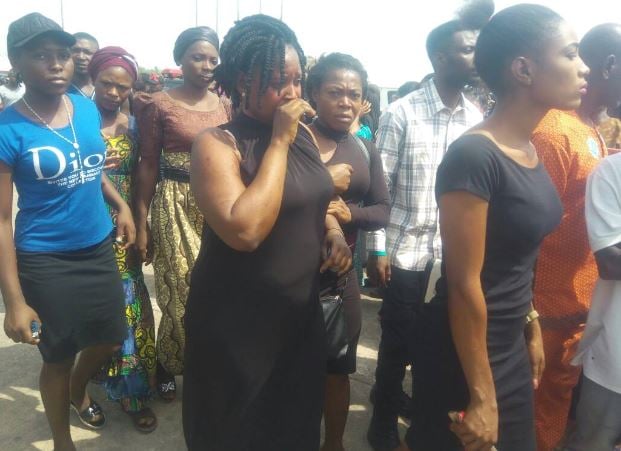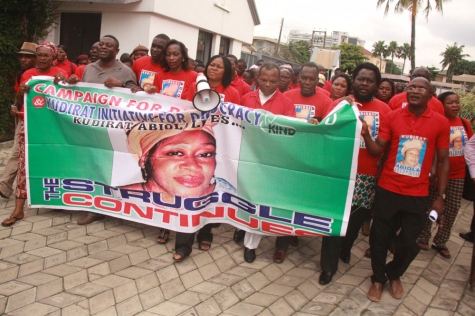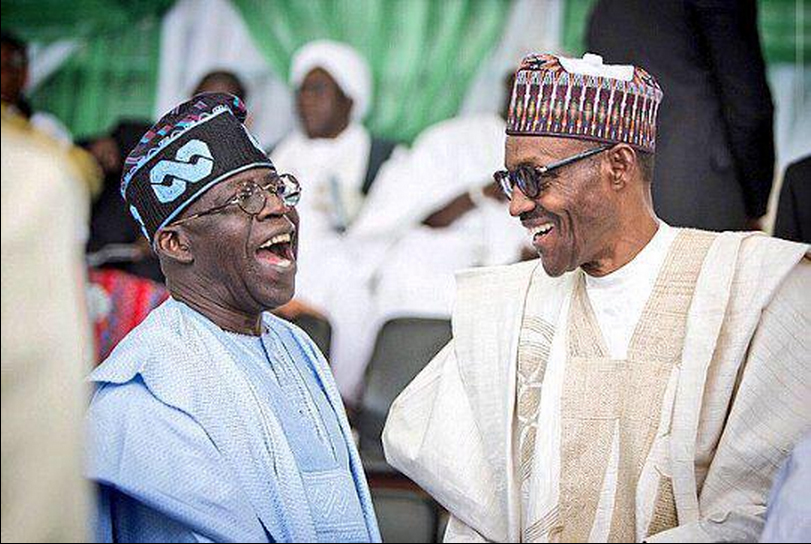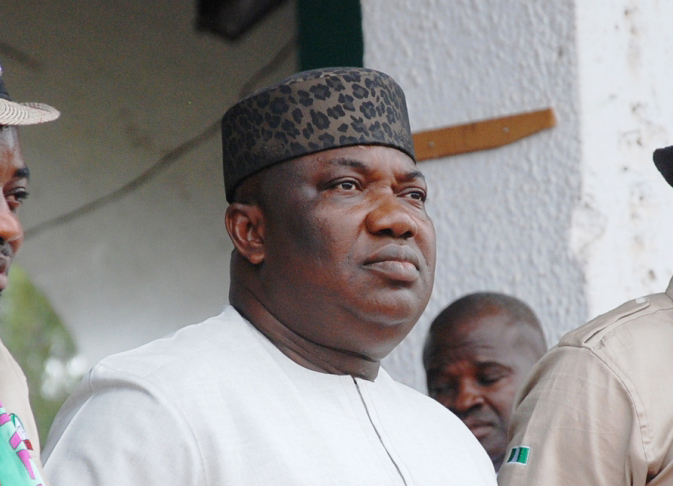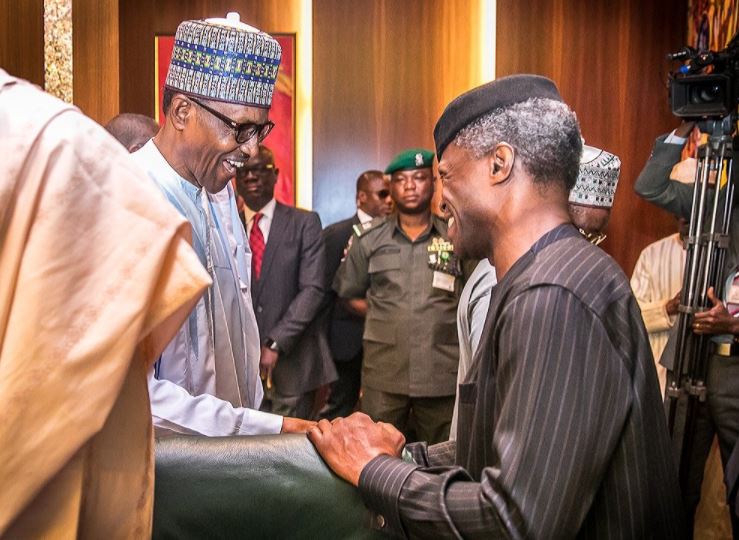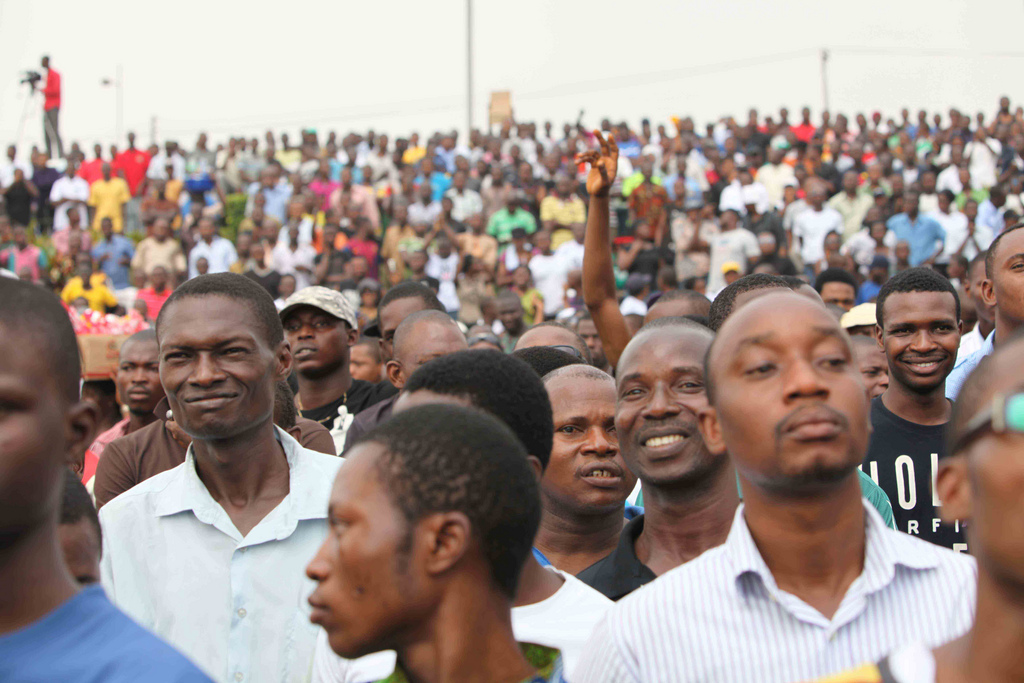American novelist and essayist, James Baldwin, in virtually all his books, underscores the interconnectivity of our life experiences and the strands that tie the world together. If you read the semi-autobiographical Go Tell It on the Mountain, one of Baldwin’s most read novels and which was placed 39th on TIME’s 100 Best English Language Novels from 1923 to 2005, you will see interconnectivity in action.
In the novel, Baldwin examines the church’s role in the day-to-day existence of an African-American and revealed that such life is a veritable source of repression and moral hypocrisy. According to him, the life is one that serves as a source of inspiration and which also has, folded into it, a life of community and association. However, the life, Baldwin said, is not excluded from racial profiling and the anguish that goes with it. Thus, folded into one single life is the life of an African American which he cannot run away from and which shapes his entirety.
At another level, Winston Hubert MclnTosh, late Jamaican reggae star, captures life’s inter-connectivity more eloquently. Berating advocates of a uni-perspective to world peace, Tosh said in his popular Equal Rights album that it would be foolhardy to view peace in isolation without its residual component which, he said, is justice. In other words, if the world wants peace, it must be prepared to offer justice.
One truth that is hidden from the Nigerian – rich and poor, those in government, the governed, the ruler and the ruled; indeed, everyone – is the inter-connectivity of every of our actions. They have overall implications for what or who we are today. How do I mean? Many of our actions and inactions eventually contribute to the woes that emblem our nation. I will explain presently.
Advertisement
Some maladies afflict us periodically. The first on the list is Nigeria and Nigerians’ dead human empathy. Partly due to the long years of bloodshed, another blood shocks us seldom and our spirit of empathy seems to be dead. Governments don’t bother about bloodshed nor do they care about the governed and their hapless fates; we pretend to care for just a fleeting minute and we thereafter go about our businesses unconcerned. It is so bad that you can rarely open the pages of our dailies without encountering one bloodshed or another.
Do a census of bloodsheds in the week that just ended: Gunmen kill 25 in Plateau; Benue buries 26; 25 killed in Kogi; suspected mentally ill man hacks two to death in Ogun and many more. How does society shed innocent blood this frequently and expect sanity to reign? Don’t we know how sacred human blood is? How did we arrive at this sorry juncture where bloodshed doesn’t count any longer?
They are interconnecting seeds that we sow and chief among them is miscarriage of justice. I am aware that it is as old as man. I reference The Incorruptible Judge by D.O. Adegoke and Ayinla Omowura’s line that if you do not have a representative at the council, your innocence could turn into guilt. However, the havoc that miscarriage of justice wrecks in society – both spiritual and physical – is worse than an acid pollution in a community river. Slap-in-the-wrist judgments are handed down to the guilty and our prisons are filled with innocent people who are framed up. Some years ago, a former Assistant Director in the Police Pension Office, Mr. John Yusuff, arraigned for stealing N32 billion, was, upon conviction, asked to pay the sum of N750,000.
Advertisement
And back to the interconnectivity of our actions as stated by Tosh and Baldwin. Every step we take, even in our respective closets, contributes to the huge-geography, huge-mass-of-people-but-tiny-
What connects all these atrocious seeds is that they pollute the symmetry of societal flow. We can’t do all those and ask why no water is running from our taps, why asphalt is absent on our roads, why planes crash and our siblings are on board. The earlier we knew we are the biblical Jonah in our own boats, the better for us all.
Oyo PDP and curses of agbaarin
Yoruba traditional African system uses symbols immensely. It uses, for instance, the aroko system of symbols in which physical objects are deployed as messenger. Those symbols are used to convey warnings, as well as to signify a serious disagreement between the sender and the recipient of the symbol. For instance, the sender could dispatch three agbaarin seeds to the recipient. It symbolizes Chinua Achebe’s things that have fallen apart and a war or serious fight that is imminent between the two. Agbaarin is a hard, non-edible fruit which children spin in a game. Before being spun, the agbaarin is held together in unison but the moment the child player spins it, the seeds’ heads hit one another and they splinter into different cells. Thus, in spiritual invocations in Yoruba traditional African system, verses which demonstrate how unity can never be between the seeds of agbaarin are usually recited; like, for instance, ile o gba, ona o gba, ni n se ewe agbaarin (translated, “as the hitherto peace between agbaarin seeds is always short-lived…”).
With the above as the foundation, methinks there is a spiritual invocation by a God-knows-who in Oyo State politics, acting like the marionette and fiddling with the fate of party politics in the state. Unfortunately for the actors who are being fiddled, they are either too dumb to know or are too much in a spiritual trance to realize that they are victims of the curse of agbaarin invocation.
Advertisement
After the 2015 elections, the various actors in the state, ruing their electoral fates in the hands of the ruling All Progressives Congress, (APC) realized that the winner of the gubernatorial election merely coasted home to victory by a tiny margin. What that meant was that, if the different agbaarin seeds had come together, it would have been easy to break the cycle of dross they had been lamenting over. While the agbaarin of Adebayo Alao-Akala went into the Labour Party, the agbaarin of Teslim Folarin went his own way in the Peoples Democratic Party (PDP) while even in the PDP, you could identify different agbaarins inside that same pod. It was the same with the agbaarin of Adewolu Ladoja and his Accord Party. The truth, which they later realized, was that, but for the curse of the agbaarin which disunited them, their collective votes would have made their dragon’s insignificant and they probably would have melted the scary fire emitting from the mouth of the dragon. For about a year after, they theoretically analyzed where they went wrong and swore to be united in subsequent elections.
However, today, about a year into the 2019 elections, the marionette has begun to stoke the fire and the agbaarin invocation is going on at a high decibel. The coming together of youthful billionaire, Seyi Makinde and the ageless political phoenix, Ladoja was an intimidating force that could quench the fire of any dragon. This apparently necessitated the furious stoke of fire and a fiercer recitation of the agbaarininvocation.
The superior fire-power of the agbaarin invocation is perhaps what we have today. Miffed that his ageless wisdom and power had been trampled upon in the sharing of party offices, Ladoja is said to be ready to dump the PDP. Makinde, who is sensing that an empty PDP reminiscent of one handed over to Folarin in 2015 stares him in the face, is doing all he can to retain Ladoja in the party.
The senseless fight for self which is going on in the ranks of the opposition in Oyo State is not normal. It is akin to a destructive spiritual fight among two gladiators who are not aware that they are under a spell. Or if it is not wholly spiritual, each of the fighters is under heavy influence of his selfish intentions which are destructive to a larger picture envisaged by all. But for the demands of their individual selfishness, why can’t Ladoja and Makinde agree to sort out the allotment of party offices in a way that none would feel bad? If indeed the ultimate is to come to the rescue of the people of the state, as they claim, and not their personal desires, coming to this simple agreement is as easy as deposing a despotic king through unanimity.
Advertisement
A bottle of beer and cigarette, please
The Federal Government, during the week, approved amendments to the excise duty rates for alcoholic beverages and tobacco products. Nigerians will now have to pay more for these. Under the new regime, beer and stout, wines and spirit will attract N0.35k per centiliter in 2019 and 2020. Same increase goes for tobacco.
Government is apparently seeking areas it can jerk up its earnings. Street sense must have dictated that beer and cigarette are where to go. In the last five years or so, breweries have been returning humongous profits and figures of consumption. While many banks are recording receding profits, brewing companies are raking in billions in revenue. An unverified report claimed that Nigerian Breweries recorded sales of almost N300 billion in 2015 while Guinness recorded N275 billion, approximating about 3 billion bottles of beer in a year.
Advertisement
If our government was people-centered, it would realize that these skyrocketing figures show that people’s reliance on the fleeting hope from the bottle and the temporary succor from alcohol are becoming higher than the hope people place on their earthly savior – government. In many mature democracies and societies, the alcohol consumption figure should alarm and alert government on the need to make life more worthwhile for the people and redirect the traffic of reliance on the bottle to government. No, runners of Nigerian governments would rather steal enough for generations to come and marry out their children to people of their class. But the truth is, if we don’t collectively fix Nigeria, we are all doomed.
Buhari’s order of elections
The 2019 polls ordering has become a subject of discussion recently. While the presidency wants status quo ante to remain, to wit the holding of its and senatorial elections first on the same day and the House of Assembly and gubernatorial election next, the National Assembly changed this order through its amendment of the Electoral Act. The power of the federal legislature to so act has been questioned by erudite lawyers but we all know that it is elementary law that the legislature has the powers to amend all acts, so far as such amendment is not at variance with the provisions of the constitution which is the grundnorm.
Advertisement
Legalese apart, it is obvious that none of these gladiators – the presidency or the legislators – is involved in this amendment for the sake of the common man but for personal selfish interests. In 2015, it was convenient for anyone to want their election held same day with that of the president. General Muhammadu Buhari still carried very high respect and electoral relevance. Indeed, many unknown quantities came into legislative offices due to the honour that surrounded his name. Today, the reverse is the case. Buhari’s name has become a baggage which no one wants to carry. This must have necessitated the National Assembly seeking to go it alone.
Yes, it is costly to the nation to have three elections, as designed by the National Assembly; yes, three elections would cost us individually and even corporately as those days of elections would be literally frozen; yes, the National Assembly doesn’t have positive pedigree of legislating people-centered laws and shouldn’t be supported, but ultimately, the common man on the streets will benefit from the representativeness of the elections. Due to the acute illiteracy in Nigeria, many voters don’t know those they queue in the sun to elect. The National Assembly-ordered election looks more like a friend of the masses than the Buhari-induced Independent National Electoral Commission’s (INEC) preference of order.
Advertisement
Views expressed by contributors are strictly personal and not of TheCable.
Add a comment

